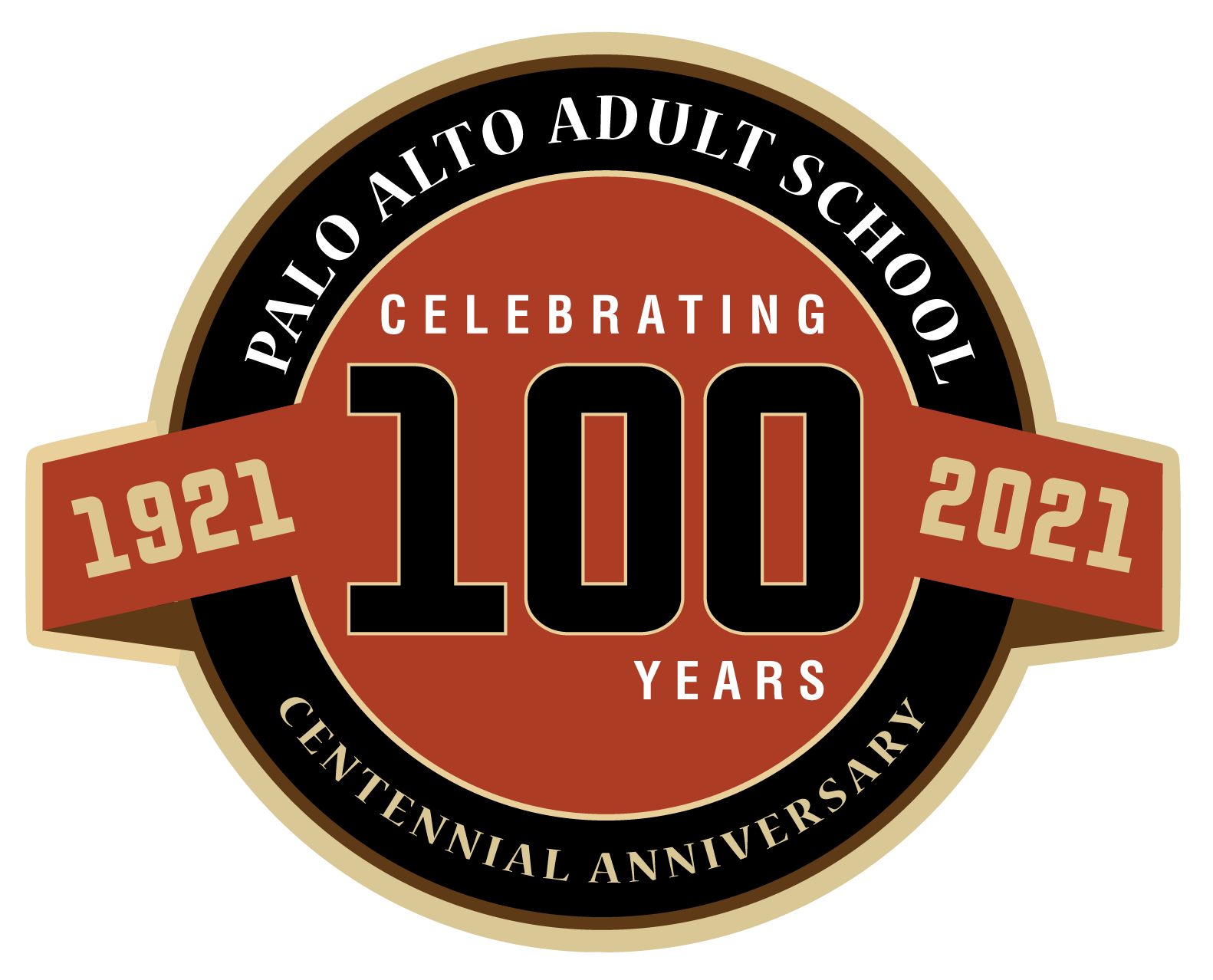Accreditation (WASC)
Study the past if you would define the future. – Confucius
WASC grants six-year accreditation through June 30, 2030. download pdf
WASC mid-cycle accreditation review May 2020: download pdf
Palo Alto Adult School Revised Schoolwide Action Plan March 2020: download pdf
Palo Alto Adult School WASC Self-Study FINAL Report February 2017: download pdf
Visiting Committee Report, Accrediting Commission for Schools, Western Association of Schools and Colleges (WASC) for Palo Alto Adult School. This report represents the findings of the evaluation team that visited Palo Alto Adult School on March 26-29, 2017: download pdf
Self-study 2016:
The Palo Alto Adult School (PAAS) self-study was launched in early 2016 with the formation of an expanded representative leadership team. The team participated in a WASC boot camp to reinforce their understanding of their role, responsibilities and outcomes of the self-study process. The team understood the stakeholders would look at the whole PAAS program specifically regarding student learning.
This was the first self-study under a new era for California adult schools with the passage of the Adult Education Block Grant (AEBG) in 2015-2016. The legislation provided state funding support as well as a mandate to implement the collaboration plan as part of the prior AB 86 legislation. As part of AB 86, the Palo Alto Adult School became part of the North Santa Clara County Student Transition Consortium NSCCSTC). The consortium is a unique partnership among adult schools and community colleges. Along with Palo Alto, Mountain View-Los Altos Adult School, Sunnyvale-Cupertino Adult School, Foothill College, and DeAnza College work to implement our consortium regional plan which focuses on school and/or work/career student transition.
Under AEBG adult schools focus on the following program areas:
- Programs in elementary and secondary basic skills, including programs leading to a high school diploma or high school equivalency certificate.
- Programs for immigrants eligible for educational services in citizenship, English as a second language, and workforce preparation.
- Programs for adults, including, but not limited to, older adults, that are primarily related to entry or reentry into the workforce.
- Programs for adults, including, but not limited to, older adults, that are primarily designed to develop knowledge and skills to assist elementary and secondary school children to succeed academically in school.
- Programs for adults with disabilities.
- Programs in career technical education that are short term in nature and have high employment potential.
- Programs offering pre-apprenticeship training activities conducted in coordination with one or more apprenticeship programs approved by the Division of Apprenticeship Standards for the occupation and geographic area. (AB 104).

